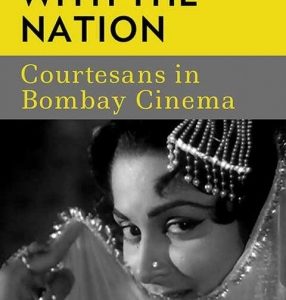
Ruth Vanita

Showing all 9 books
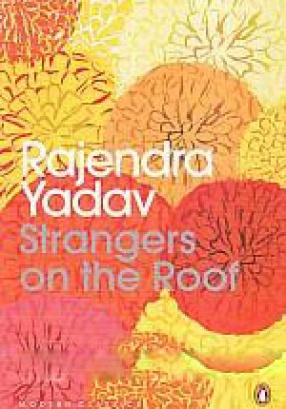
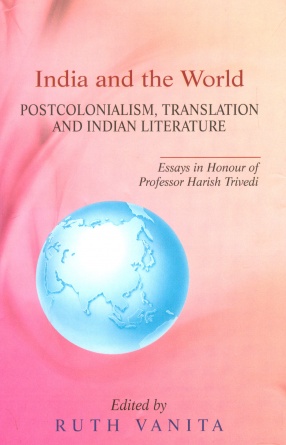

Acknowledging courtesans or tawaifs as central to popular Hindi cinema, Dancing with the Nation is the first book to show how the figure of the courtesan shapes the Indian erotic, political and religious imagination. Historically, courtesans existed outside the conventional patriarchal family and carved a special place for themselves with their independent spirit, witty conversations and transmission of classical music and dance. Later, they entered the nascent ...


This collection of essays honours Prof.Harish Trivedi, by surveying the three fields to which he has made signal contributions- critism of Indian literature, translation, and postcolonial studies. Eminent scholars, some of whom have shaped these fields, look back on the work of a lifetime, and a couple of younger scholars follow in their wake. The interconnectedness of the three fields emerges in some essays, while in others they retain their independent ...
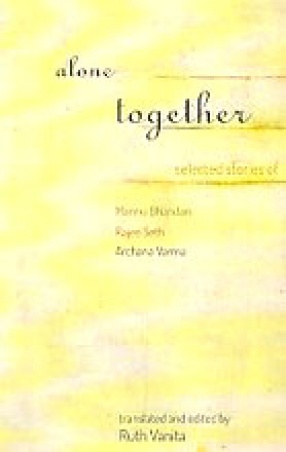

In search of answers offers a selection of the most incisive records--analysis as well as testimony--to have appeared in the journal in the first five years. Vividly portrayed are the living and working conditions and the day-to-day struggles of millions of ordinary Indian women. The articles explore why, even four decades after independence, women remain oppressed, and need to toil endlessly for basic necessities--food, fuel, and water. This culture of women's ...

Same-Sex Love in India presents a stunning array of writings on same-sex love from over 2,000 years of Indian literature. Translated from more than a dozen languages and drawn from Hindu, Buddhist, Muslim, and modern fictional traditions, these writings testify to the presence of same-sex love in various forms since ancient times. An eminent group of scholars have translated writings for the first time and have retranslated well-known texts to correctly make ...
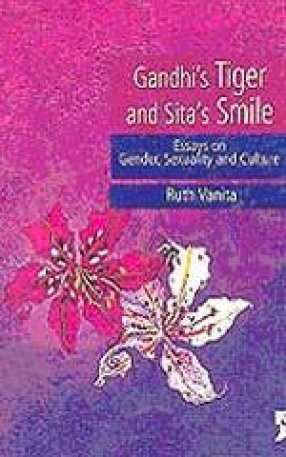
Gandhi’s Tiger and Sita’s Smile presents a collection of compelling essays which interrogate a variety of Indian texts and contexts along intersecting axes of gender, nation, and desire. The primary theme that weaves these varied essays together, written at different points of time with varying focal points of interest, is intertextuality. Vanita examines the way in which medieval texts speak to each other and draw on earlier canonical works, rewriting and ...

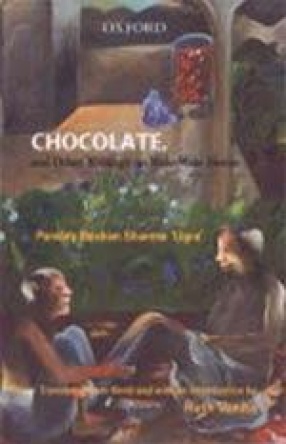
The first public debate on homosexuality in modern India occurred in the 1920s, in the thick of the movement for national independence. It was sparked off by a collection of Hindi short stories entitled Chocolate (1927), by Hindi nationalist writer Pandey Bechan Sharma, better known by his pen-name 'Ugra' (extreme). The stories created such an uproar that almost every major public figure, from Premchand to Gandhi, joined in the debate. This first-ever English ...
